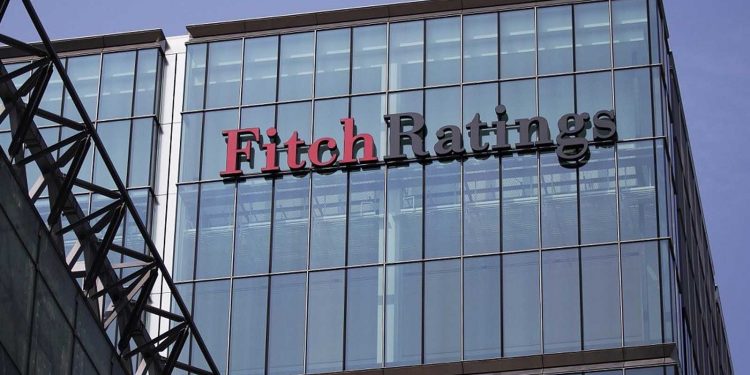Global shipping emission regulations are set to tighten, albeit slowly, requiring investment in new vessels powered by alternative fuels and increasing operating costs, Fitch Ratings says. This will put additional pressure on the profits and cash flows of companies in the competitive and volatile industry.
In April 2018, the International Maritime Organization (IMO), a UN agency responsible for regulating the shipping industry, set out its initial strategy to reduce ships’ greenhouse gases (GHG) emissions by at least 50% by 2050, while reducing their carbon intensity by at least 40% by 2030 and 70% by 2050 (compared to 2008 levels). While this decarbonisation plan is not yet legally binding for shippers, we expect more specific and mandatory regulations before 2030. Given that vessels have a useful economic life of 20-30 years, the target year of 2050 is only one ship lifetime away.
Shipping – along with airlines and road freight – is a difficult sector to decarbonise due to its long asset lifespans, high energy dependency and limited viable transportation alternatives. Shippers are reluctant to commit to heavy investments, especially into unproven technologies, as sector margins are typically low, leading to long payback periods. Several alternatives, such as hydrogen and ammonia, are being considered as a replacement for carbon-intensive fuels, while liquefied natural gas (LNG) is viewed as a likely transition fuel.
Many stakeholders call for a coordinated global approach to shipping decarbonisation, which could face a number of hurdles. Although a range of alternative fuel options is available, none of these options are yet viable at scale. Furthermore, the large number of ship designers and builders make harmonised developments difficult, while various types of vessels (including tankers, container ships and bulkers) have different economics and preferences for greener options. The availability of fuelling infrastructure is another challenge that requires global coordination.
Shipping is less visible to end-customers. Therefore, until recently, its environmental impact has been less exposed to public scrutiny, compared to airlines or land transportation, despite its prominent role in the global economy. Shipping transports 80% of global trade volumes and is responsible for 3% of global GHG emissions, which we estimate could grow to over 10% by 2050 if no new regulation to cut emissions is adopted. Shipping companies usually have high leverage and operate with low margins. For these reasons, decarbonisation has been a secondary priority for the industry.
We expect tighter regulations to prompt a shift in the sector’s decarbonisation strategies, while technological developments will eventually deliver economically viable fuel alternatives. However, the energy transition is likely to add to pressures on shippers’ profits and cash flows. They will need to increase capex to buy new vessels powered by alternative fuels. Furthermore, shippers are likely to incur higher fuel costs during the early stages of adopting new technologies, especially if alternative fuels are not readily available globally, leading to operational inefficiency.
Expedited green policies may also introduce a carbon-trading or -offsetting mechanism in shipping, similar to the EU Emissions Trading System or the Carbon Offsetting and Reduction Scheme for International Aviation, increasing costs for vessel operators. We expect competition in the industry to remain fierce, leaving little room for shippers to pass through increased costs to customers. However, we anticipate that these changes will take place outside of our rating horizon.









